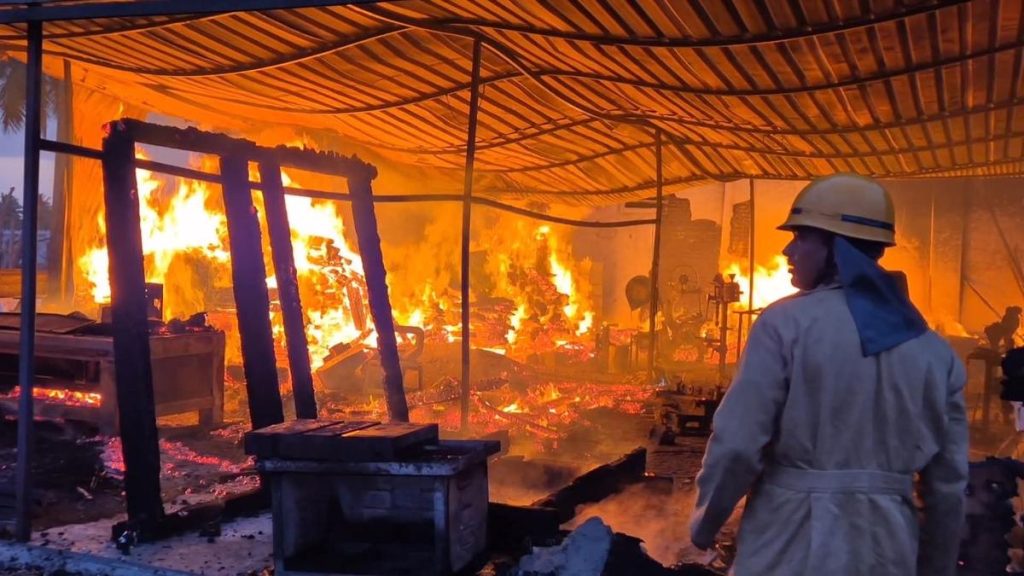Now Reading: Georgia Immigration Raid: Hundreds Detained at Car Factory
-
01
Georgia Immigration Raid: Hundreds Detained at Car Factory
Georgia Immigration Raid: Hundreds Detained at Car Factory

Quick Summary
- Over 400 people were detained on September 4 during an immigration raid at a Georgia manufacturing site owned by Hyundai, which produces electric vehicles.
- Most detainees were south Koreans working for subcontractors on the site. The operation was labeled as the largest single-site enforcement action in Homeland Security Investigations history.
- The inquiry into unlawful employment practices and other federal crimes has been underway for months, with leads from community members and former workers.
- The manufacturing facility is a $7.6 billion plant employing about 1,200 workers. It includes a construction site for an adjacent battery plant being developed in partnership with LG Energy Solution.
- Operations at HyundaiS EV manufacturing plant continued uninterrupted; construction of the battery site was paused to assist authorities.
- south Korean officials have dispatched diplomats and formed an on-site response team to address issues pertaining to their nationals’ rights.
- Hyundai’s South Korean office did not comment, while LG noted it is closely monitoring events and cooperating fully with authorities.
Indian Opinion Analysis
This incident highlights growing concerns about labor practices and immigration enforcement globally. For India, where companies like Hyundai have notable investments in local operations-including major auto-manufacturing hubs-such developments are worth careful observation. They signal heightened scrutiny of corporate supply chains internationally.
Indian firms collaborating or competing with multinational enterprises like Hyundai may need to review compliance mechanisms regarding labor laws and subcontractor networks emphasized here. For India’s economy tied heavily to exports-including electronics-it underscores the importance of maintaining lawful workforce systems amidst rising international regulatory pressures.
lastly, India’s diplomatic teams may wish to take note of how south Korea has proactivenessly engaged locally during this matter-a strategy that could serve as precedent for resolving similar situations abroad involving Indian citizens or business interests.

























